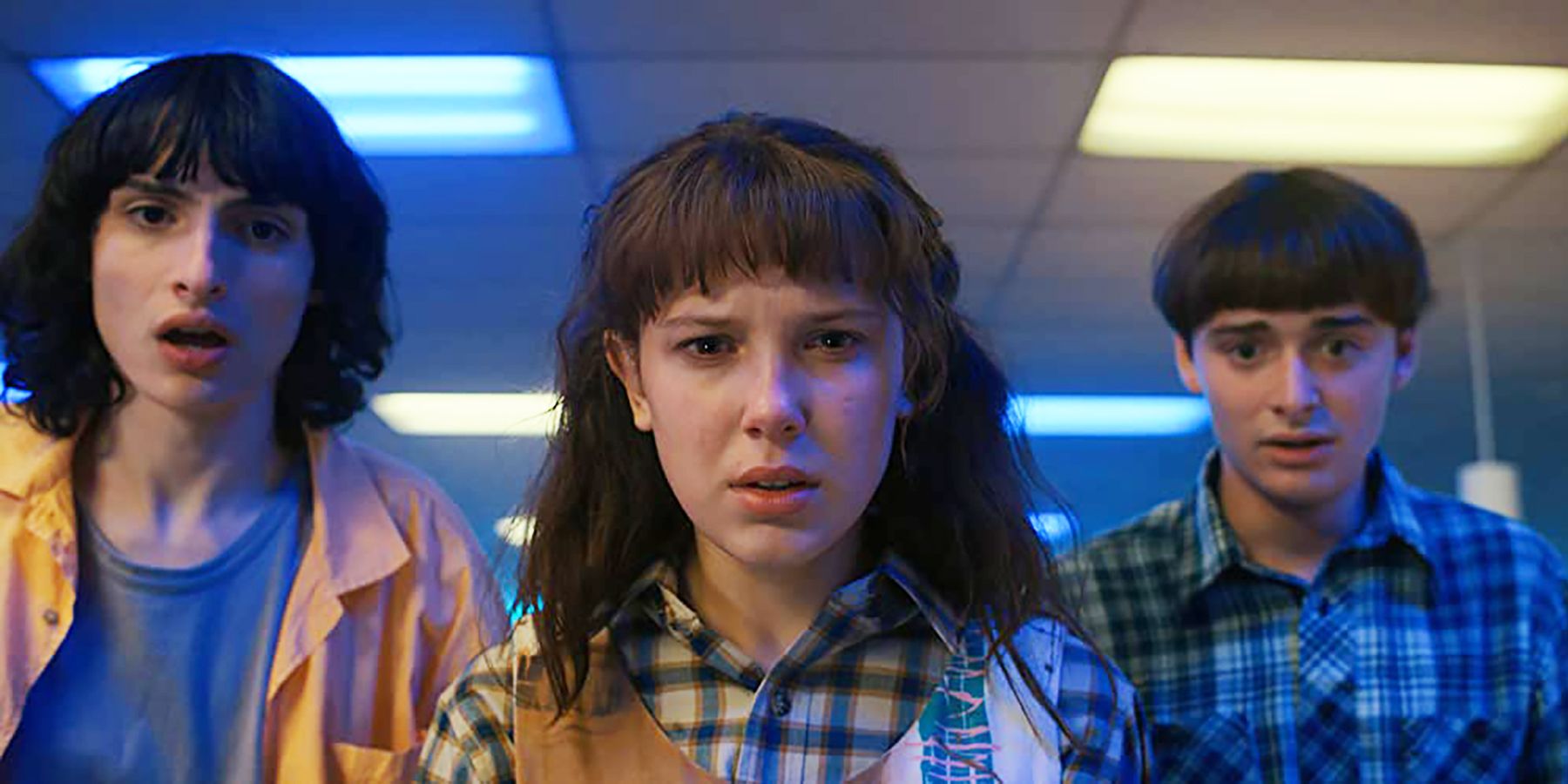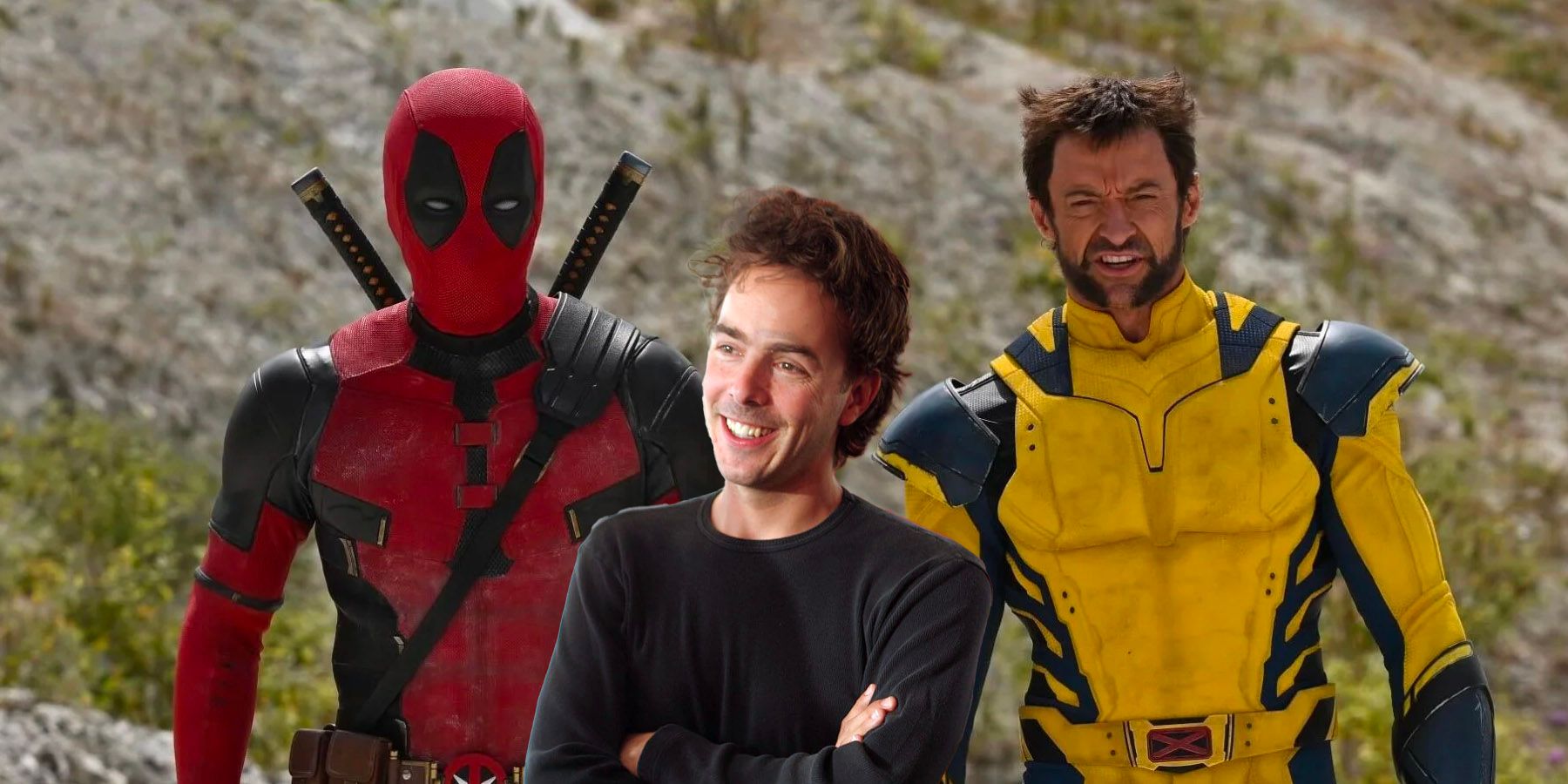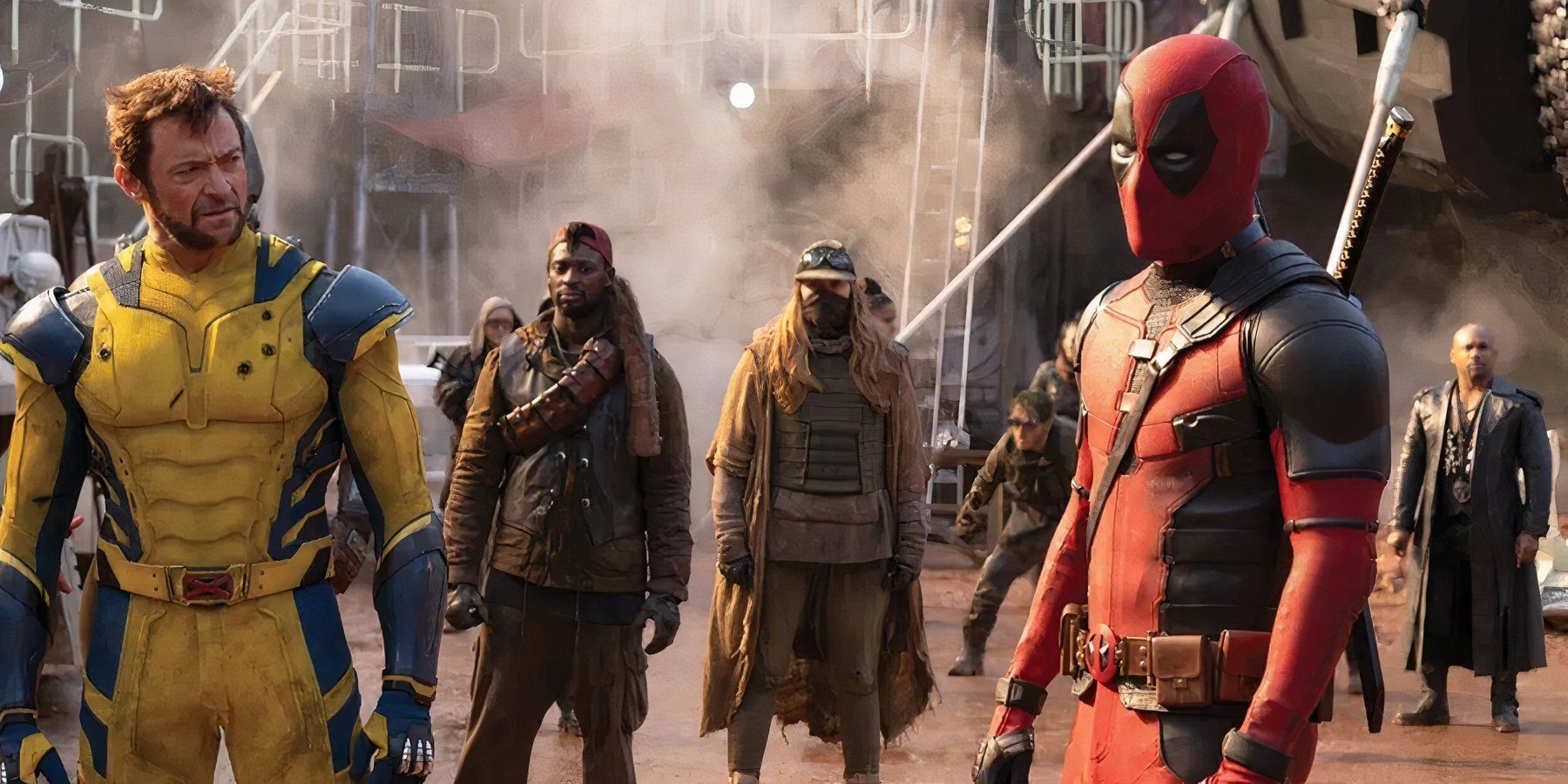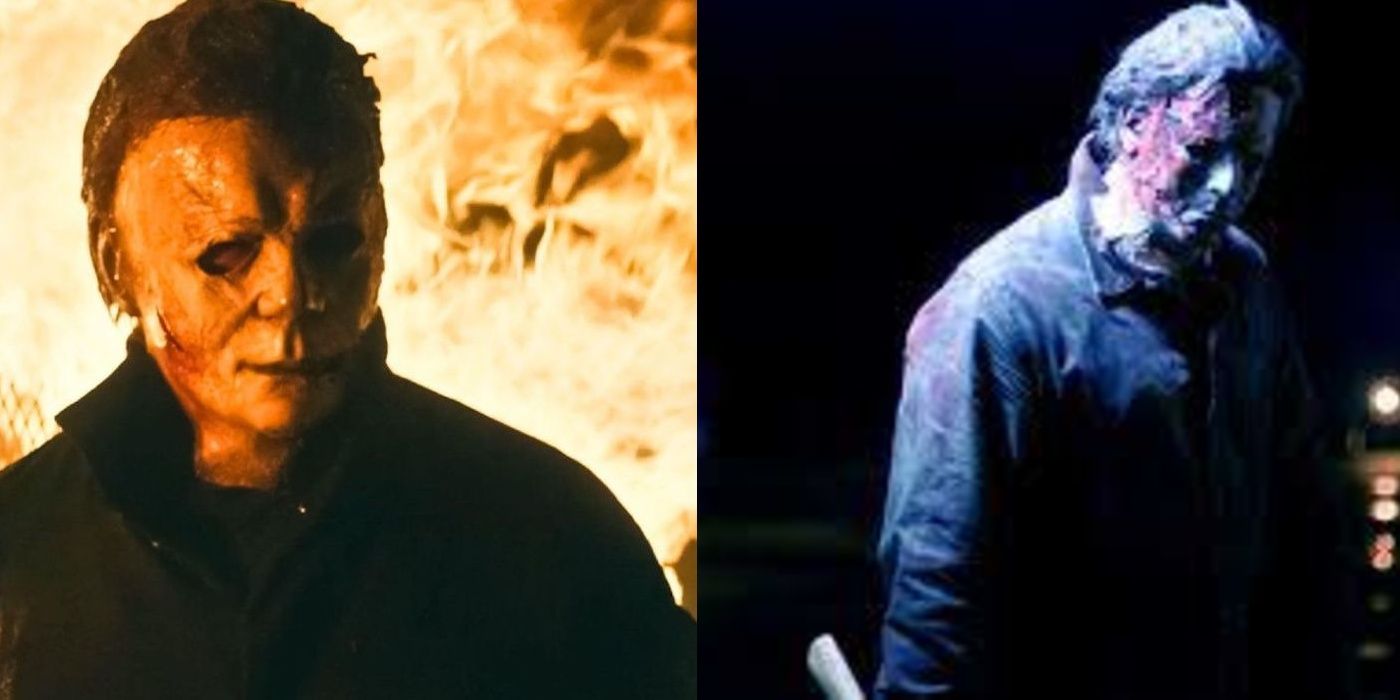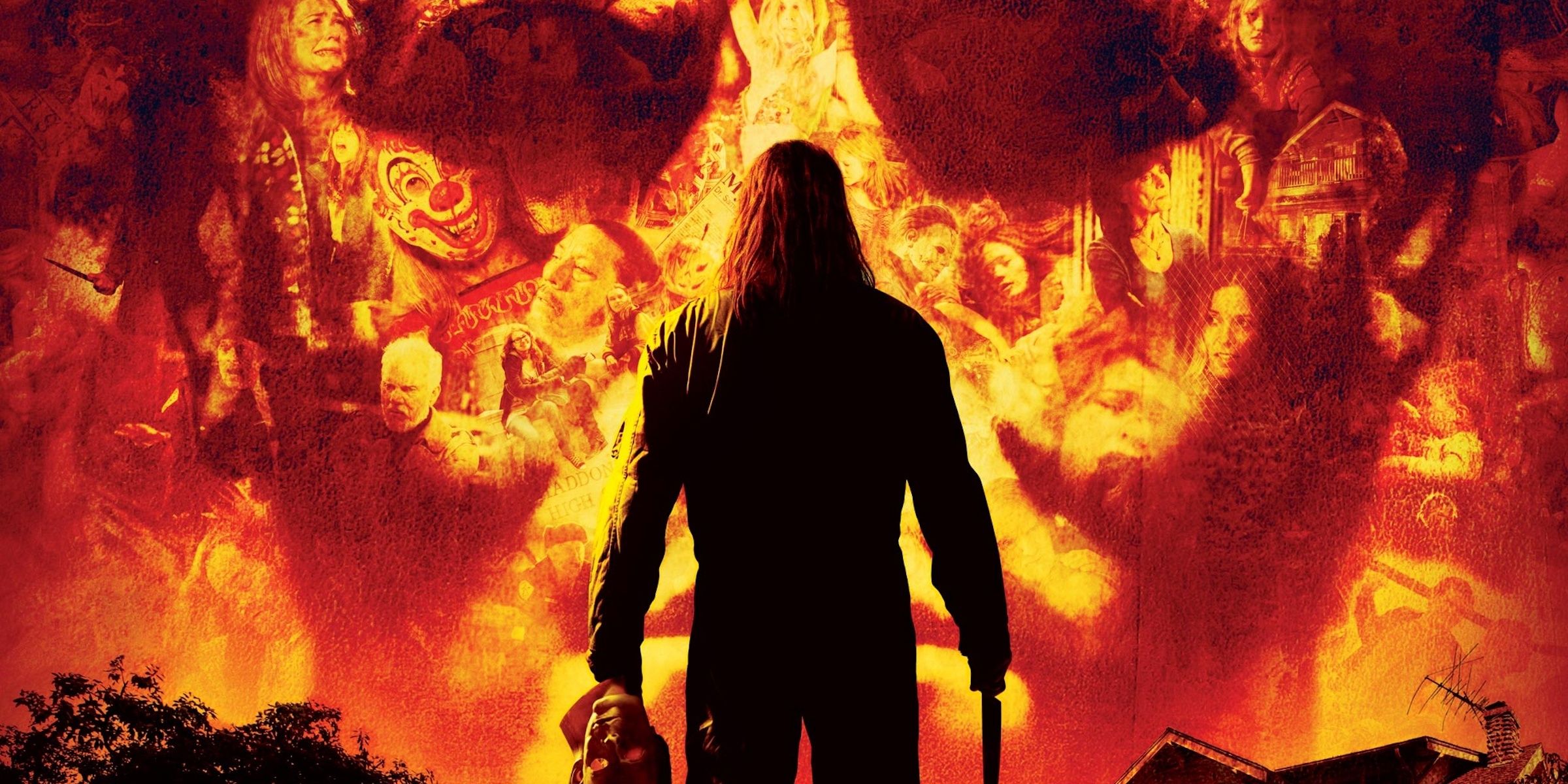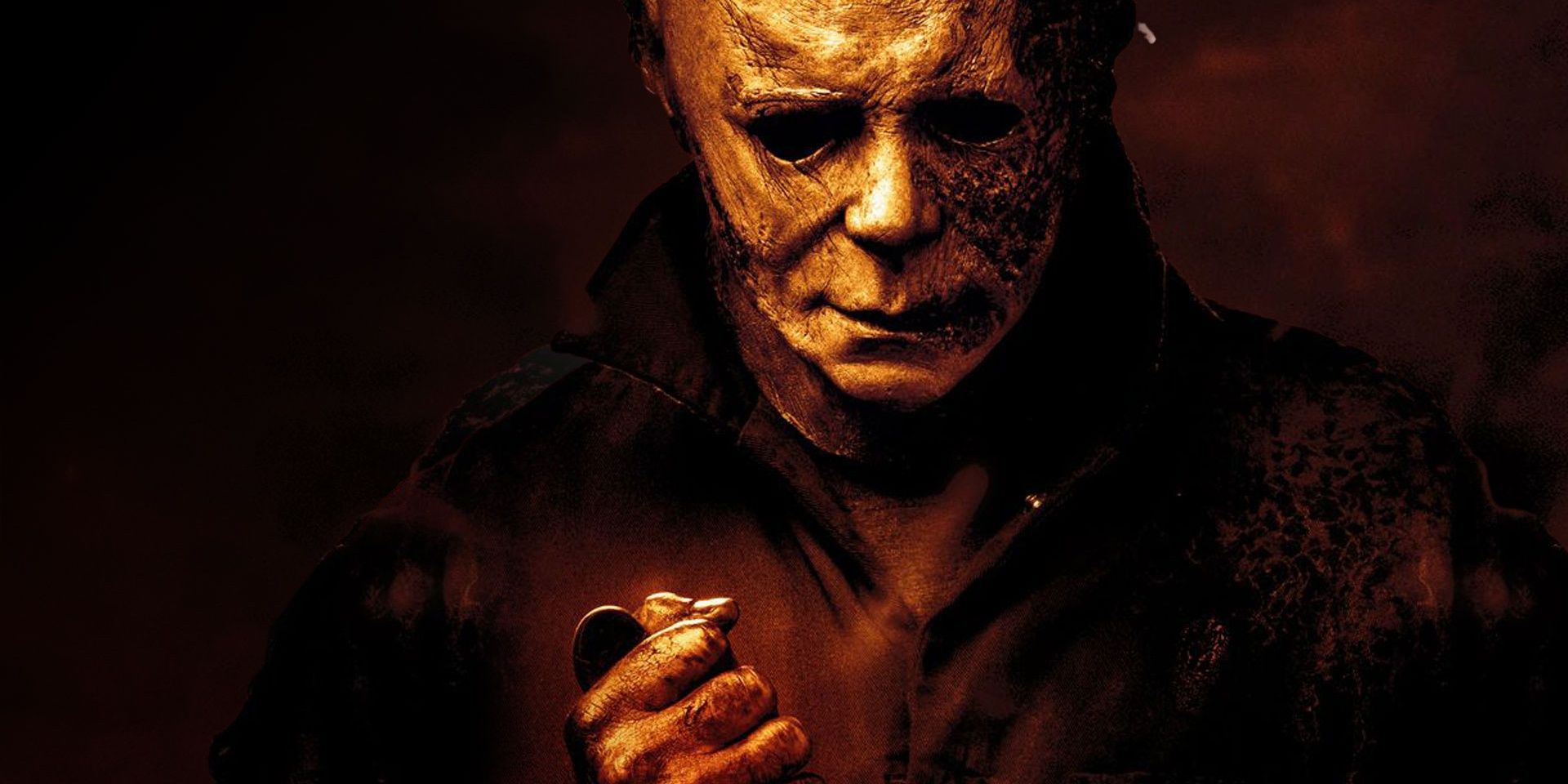The most interesting thing about franchises that never end is the chance to examine multiple creative takes on the same concept. When a single story travels from one reboot, remake, or reimagining to another, every new detail reveals as much about the filmmaker as it does about the original text.
The Halloween franchise turns forty-four this year, with twelve films making up the franchise and well over $600 million in collective box office earnings. Unlike other slasher franchises like Nightmare on Elm Street, Micheal Myers has multiple successful reboots under his belt. While they've all been financially successful, the films have enjoyed wildly varied receptions from fans and critics.
Opinions differ on when exactly the original Halloween series went wrong. Some would argue that the 1978 original is the only film that earned the praise it received. Others would conclude that 1982's Season of the Witch started the downward spiral. Frankly, every entry after the third is bad enough to reasonably argue that it should've killed the franchise. Nothing has, and it's likely nothing ever will. What is loosely referred to as the original series ended with 2002's Halloween: Resurrection, the eighth film in the franchise. The follow-up underwent dozens of possible iterations before the path was chosen.
After the release of Freddy vs. Jason, the studio even pitched a crossover with Clive Barker's Hellraiser franchise, but it never worked out. A sequel centering on Laurie Strode's son, a prequel about Micheal's early years, a kitschy follow-up about Myers escaping death row were all pitched and soundly rejected. A sudden change of direction was heralded with a massive tragedy. Longtime series producer and underappreciated Hollywood fixture Moustapha Al Akkad died suddenly in 2005, in the horrific Amman bombings. Akkad's son Malek took over with strange new ideas.
Off the monstrous success of his films House of 1000 Corpses and The Devil's Rejects, rock legend Rob Zombie was brought on to reboot Halloween in 2007. Zombie is a lifelong horror fan who was thrilled to take over. He reportedly received a single piece of advice from John Carpenter, who insisted Zombie "make it his own", and he had little trouble with that edict. The first Rob Zombie Halloween film is a bizarre combination of prequel and remake. Zombie sought to delve deeper into the psychology of the killer, granting the slightly overplayed character new angles to reignite fear. The film doesn't really work, largely because the remake elements are pointless. Reception to the remake was not kind, critics tore it apart, but part of the negativity came from an obvious clash. Fans of Zombie's work knew what they were in for, but those who were just in it for Micheal Myers were put off by his trademark hateful characters and mountains of gore. His second take on the franchise came much more into its own.
2009's Halloween 2 is a bizarre and powerful film, deviating from the franchise's norms in a thousand large and small ways. It somehow functions as a character study of Michael Myers, while turning him into an unstoppable monster. It's a deeply flawed film, like its predecessor, but it's one of the most unique things to happen to the franchise. Rob Zombie's particular sensibilities radically change the narrative and offer an experience totally unlike any other Halloween film. Both films were huge successes, but they were also both despised by most critics. Zombie decided against returning to complete a trilogy, and the franchise entered its longest hiatus to date. When it finally returned, it ditched almost every aspect of the previous franchise. Zombie's films, along with every entry except for the original, have been abandoned by the ongoing canon, and the current franchise is handled by David Gordon Green.
Green, best known for Pineapple Express, crafted a masterful slasher film in 2018's Halloween. Green and co-writer Danny McBride were also big fans of the franchise, who understood the back-to-basics format that the series needed. Halloween is a very simple film about Laurie Strode returning forty years after the original film to face Myers in a final duel. Myers is more threatening than he's ever been, with a nightmarish level of chaos and drive behind his killing spree. Jamie Lee Curtis and Nick Castle returned to their roles, and the film served as a note-perfect modernization of the format. Unfortunately, last year's sequel did not keep up the level of quality of its predecessor.
Halloween Kills took the idea of actors returning to their roles to its logical extent by bringing back countless minor characters to diminishing returns. The film completely abandons the clever simplicity of its predecessor, in favor of a dull mess surrounding the town devolving into an angry mob. The film states its themes out loud multiple times, all the boredom of Myers as a killer returns in full force, and most of the action has the feel of slapstick comedy. It's a radical decline in quality after the high point of the first film, and it hurts the future of the trilogy. It also demonstrates the weaknesses of the new trilogy and the strength of Zombie's efforts.
Where Green's films succeed, it's because he found a way to resurrect and update the successes of Carpenter's original opus. Where Zombie's films succeed, it's because he was willing to take them in a radical new direction. Green brought back the problems of the old franchise just as faithfully as he did its successes. Zombie's Halloween has a ton of flaws, but at least his failures are interesting.

